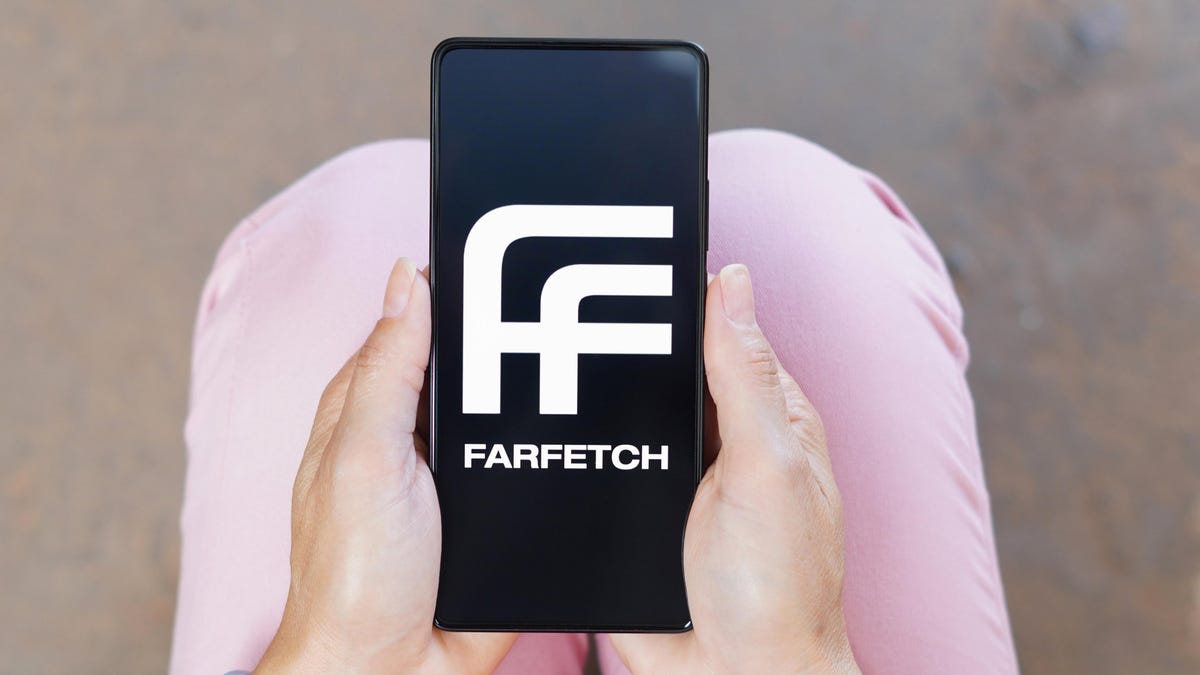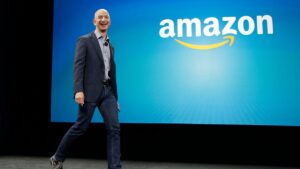
One of the biggest names in luxury retail is still alive, but at what cost?
South Korean retail giant Coupang announced on Monday (Dec. 18) that will rescue UK online fashion destination Farfetch with a $500 million deal. That money saves Farfetch from the dustbin of history for now, but it also dooms the company’s tie-up with longtime rival Yoox-Net-a-Porter (YNAP).
Farfetch once looked poised to contest Amazon for the crown of luxury fashion online. The year it went public, in 2018, Farfetch acquired sneaker reselling platform Stadium Goods for $250 million. In 2019, it bought New Guards Group, the conglomerate behind the rise of brands like Off-White and Palm Angels, for $675 million. Yes, Farfetch is selling itself for less than it paid for one of its own subsidiaries just a few years ago.
A big climb, a big fall
When internet retail started soaking up customer dollars that weren’t getting spent at brick-and-mortar locations during the pandemic, Farfetch rode that enthusiasm to a $23 billion valuation in early 2021. The following year, it announced its biggest target yet, Yoox-Net-a-Porter, itself a combination of two online luxury fashion retailers. The plan had been to exchange $1 billion of its shares for a 47.5% stake in YNAP from Cartier owner Richemont Group.
But not anymore. In early 2022, Farfetch slashed its guidance after covid-19 lockdowns throttled sales in China, its second-biggest market, and the invasion of Ukraine meant it would be pulling out of Russia, its third-biggest market. On top of that, it struggled to continue the spectacular growth it saw during the early part of the pandemic. In November, the company said it wouldn’t be releasing its third-quarter financial results, prompting speculation that it would either go private or shut down entirely. Since the stock’s peak in February 2021, Farfetch shares have lost nearly all their value.
Richemont had really, really wanted to sell YNAP. The conglomerate acquired a controlling stake in Net-a-Porter in 2010, then in 2015 merged that business with Yoox, which sells off-season luxury stock. In 2018, it spent $3.3 billion for full control of the joint venture but struggled to justify that price tag. When Richemont reached the deal to sell half the company to Farfetch, it wrote down $2.7 billion on YNAP.
Observers weren’t sure if Farfetch would be able to limp along until it closed the deal, which only cleared regulatory scrutiny this October. But on Monday, Richemont ended any uncertainty by saying it was calling off the deal and abandoning efforts to adopt Farfetch’s back-end technology, citing the company’s acquisition by Coupang.





